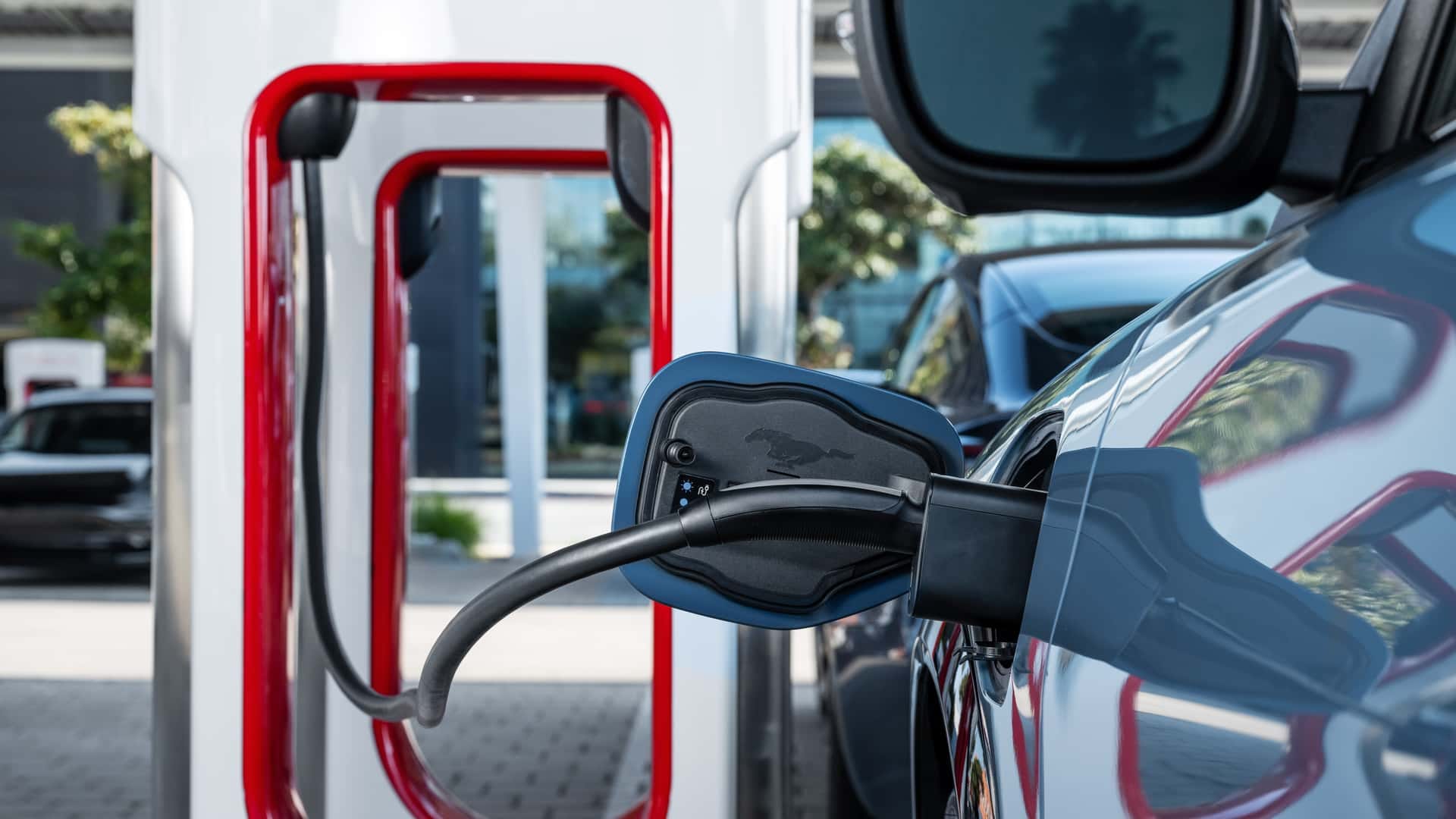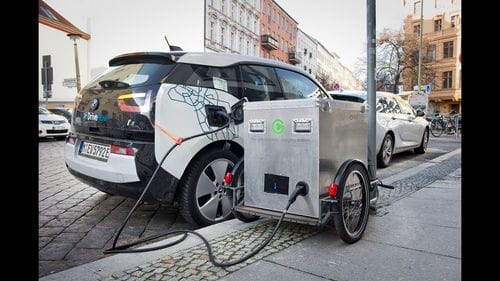Introduction: The Green Revolution in Business
As the world shifts towards more sustainable practices,businesses are increasingly recognizing the importance of going green. One ofthe most impactful ways to reduce your company’s environmental footprint is by incorporating electric vehicles (EVs) into your operations. EVs not only helpreduce carbon emissions but also offer a multitude of benefits that can enhanceyour business’s performance, brand image, and bottom line. In this comprehensive guide, we’ll explore the top 100 benefits of electric vehicles for businesses and why your company should consider making the switch.
Discover the top 100 benefits of electric vehicles (EVs) for businesses and learn why your company needs to make the switch to go green. From cost savings to brand enhancement, find out how EV scan transform your business. Call us at 888-675-9555 for more information.

Financial Benefits of Electric Vehicles for Businesses
Switching to electric vehicles can have a significant positive impact on your company’s finances. From cost savings to new revenue opportunities, here are some key financial benefits.
Cost Savings on Fuel and Maintenance
Lower Fuel Costs: Electricity is generally cheaper thangasoline or diesel, resulting in substantial savings on fuel costs.
Reduced Maintenance Costs: EVs have fewer moving parts than internal combustion engine (ICE) vehicles, leading to lower maintenance expenses.
Longer Vehicle Lifespan: EVs tend to have a longer life spandue to their simpler mechanical systems, reducing the need for frequent vehiclere placements.
No Oil Changes: EVs eliminate the need for regular oil changes, saving both time and money.
Fewer Repairs: With no exhaust system, transmission, or fuel injection system, EVs require fewer repairs, further reducing maintenance costs.
Tax Incentives: Many governments offer tax credits orrebates for businesses that adopt electric vehicles, lowering the overall costof acquisition.
Depreciation Benefits: EVs may qualify for accelerated depreciation under certain tax codes, providing additional financial advantages.
Lower Insurance Premiums: Some insurers offer lower premiumsfor electric vehicles due to their lower risk profile.
Reduced Idling Costs: Unlike ICE vehicles, EVs don’t consume energy while idling, leading to savings in fuel costs.
Predictable Energy Costs: Electricity prices tend to be more stable than fuel prices, making budgeting for energy costs easier.

Revenue Generation and Business Growth
Attracting New Customers: Offering EV charging services can attract eco-conscious customers to your business.
Charging as a Service: Generate additional revenue byoffering paid EV charging services at your business location.
Enhanced Leasing Opportunities: Properties with EV charging stations can command higher lease rates and attract high-quality tenants.
New Business Models: Adopting EVs can open up new business opportunities, such as last-mile delivery services using electric vans.
Increased Property Value: Installing EV charging stationscan increase the value of commercial properties.
Partnership Opportunities: Collaborate with other businesses, such as hotels or restaurants, to offer combined services that include EV charging.
Access to Green Financing: Businesses that invest insustainable technologies like EVs may have access to favorable financing options.
Competitive Advantage: Offering EV charging and adopting EVscan differentiate your business from competitors.
Improved Employee Retention: Demonstrating a commitment tosustainability can enhance employee satisfaction and retention.
Boosted Sales: Green businesses often attract morecustomers, leading to increased sales and revenue.

Environmental and Sustainability Benefits
Electric vehicles offer numerous environmental benefits thatalign with global sustainability goals. Here’s how adopting EVs can help your business contribute to a greener future.
Reducing Carbon Footprint
Zero Tailpipe Emissions: EVs produce zero tailpipee missions, significantly reducing your company’s carbon footprint.
Lower Greenhouse Gas Emissions: Switching to EVs helps reduce overall greenhouse gas emissions, contributing to climate change mitigation.
Supporting Renewable Energy: Many EV charging stations canbe powered by renewable energy sources, further reducing environmental impact.
Energy Efficiency: EVs are more energy-efficient than ICE vehicles, using energy more effectively and reducing overall consumption.
Reduced Air Pollution: By reducing reliance on fossil fuels,EVs help improve air quality in urban areas.
Lower Noise Pollution: EVs are quieter than ICE vehicles,contributing to a reduction in noise pollution in busy areas.
Resource Conservation: EVs reduce the need for oil extraction and refining, conserving natural resources.
Sustainable Sourcing: Many EV manufacturers are committed to sustainable sourcing of materials, further reducing environmental impact.
Contributing to Circular Economy: EVs are often designed with recyclability in mind, supporting the circular economy.
Reduced Heat Island Effect: EVs produce less waste heat than ICE vehicles, helping to reduce the urban heat island effect.

Enhancing Corporate Social Responsibility (CSR)
Demonstrating Environmental Leadership: Adopting EVs positions your company as a leader in environmental responsibility.
Aligning with CSR Goals: EV adoption supports your company’s CSR goals, contributing to sustainability initiatives.
Engaging Stakeholders: Demonstrating a commitment tosustainability can strengthen relationships with investors, customers, andemployees.
Supporting Community Health: By reducing emissions, EV scontribute to healthier communities, aligning with broader social responsibility goals.
Transparency in Reporting: Adopting EVs can enhance the transparency of your sustainability reporting, showing measurable progress.
Positive Brand Image: Companies that go green often enjoy amore positive brand image and greater customer loyalty.
Compliance with Environmental Regulations: EV adoption helpsensure compliance with increasingly stringent environmental regulations.
Participating in Carbon Markets: Businesses with EV fleets may be eligible to participate in carbon credit markets, generating additional revenue.
Corporate Citizenship: Adopting EVs can enhance your company’s reputation as a responsible corporate citizen.
Support for Global Initiatives: EV adoption aligns your business with global initiatives like the Paris Agreement, which aims to limitglobal warming.

